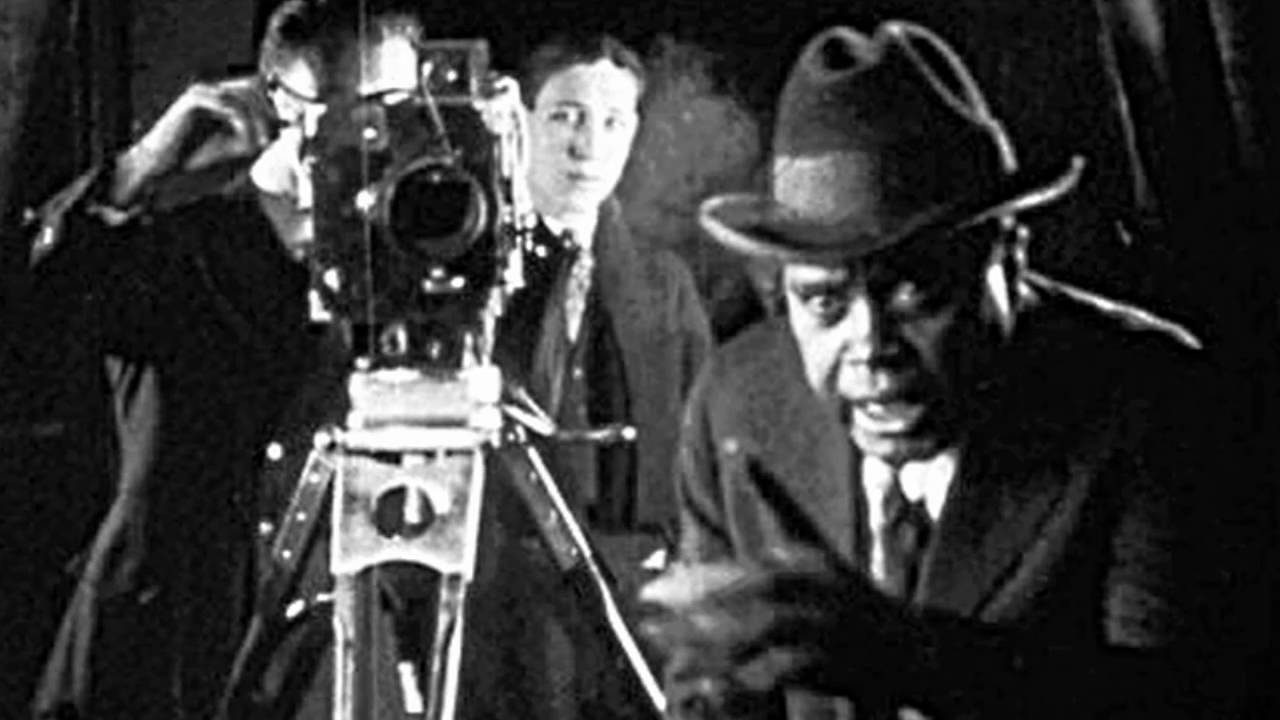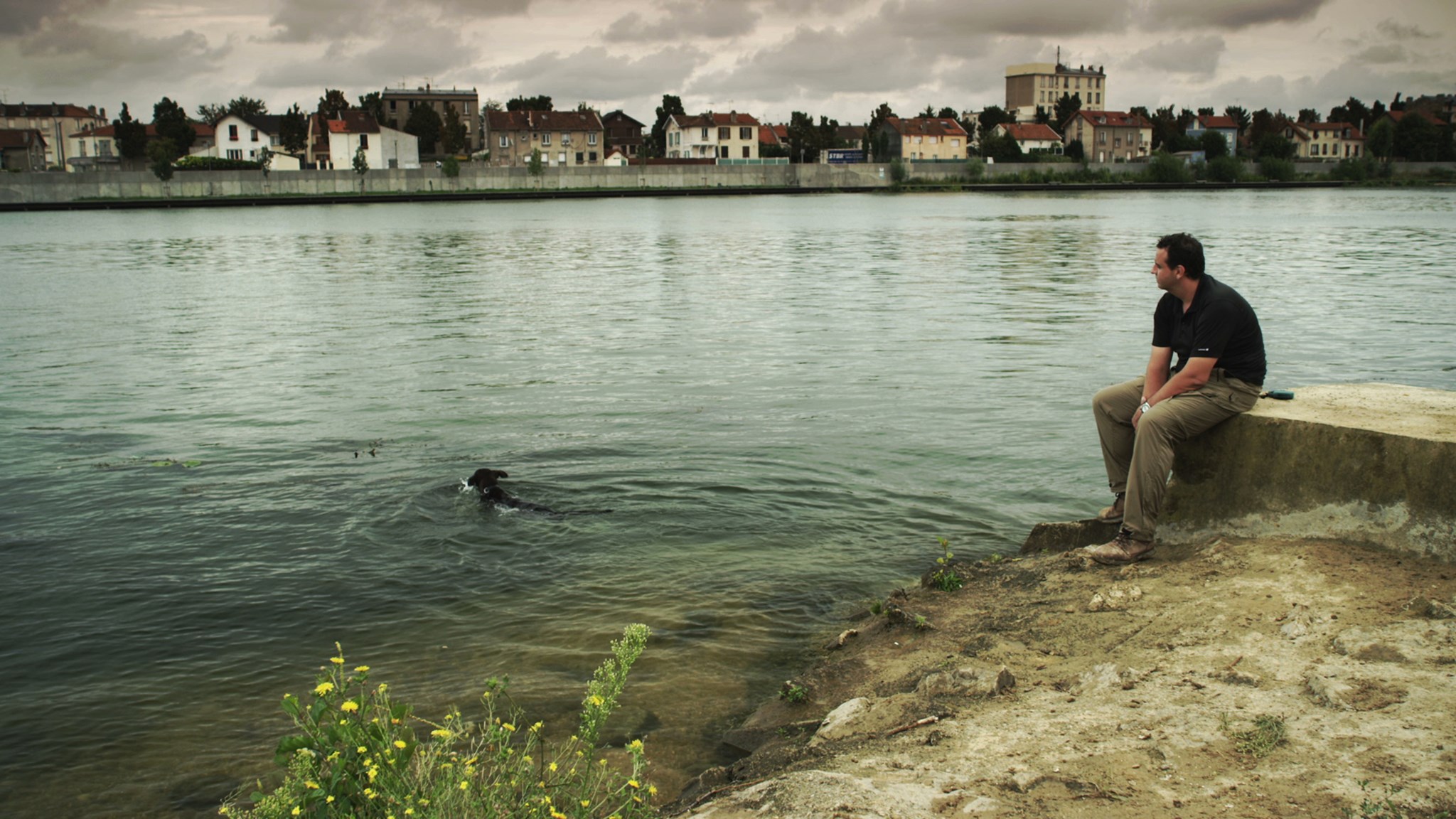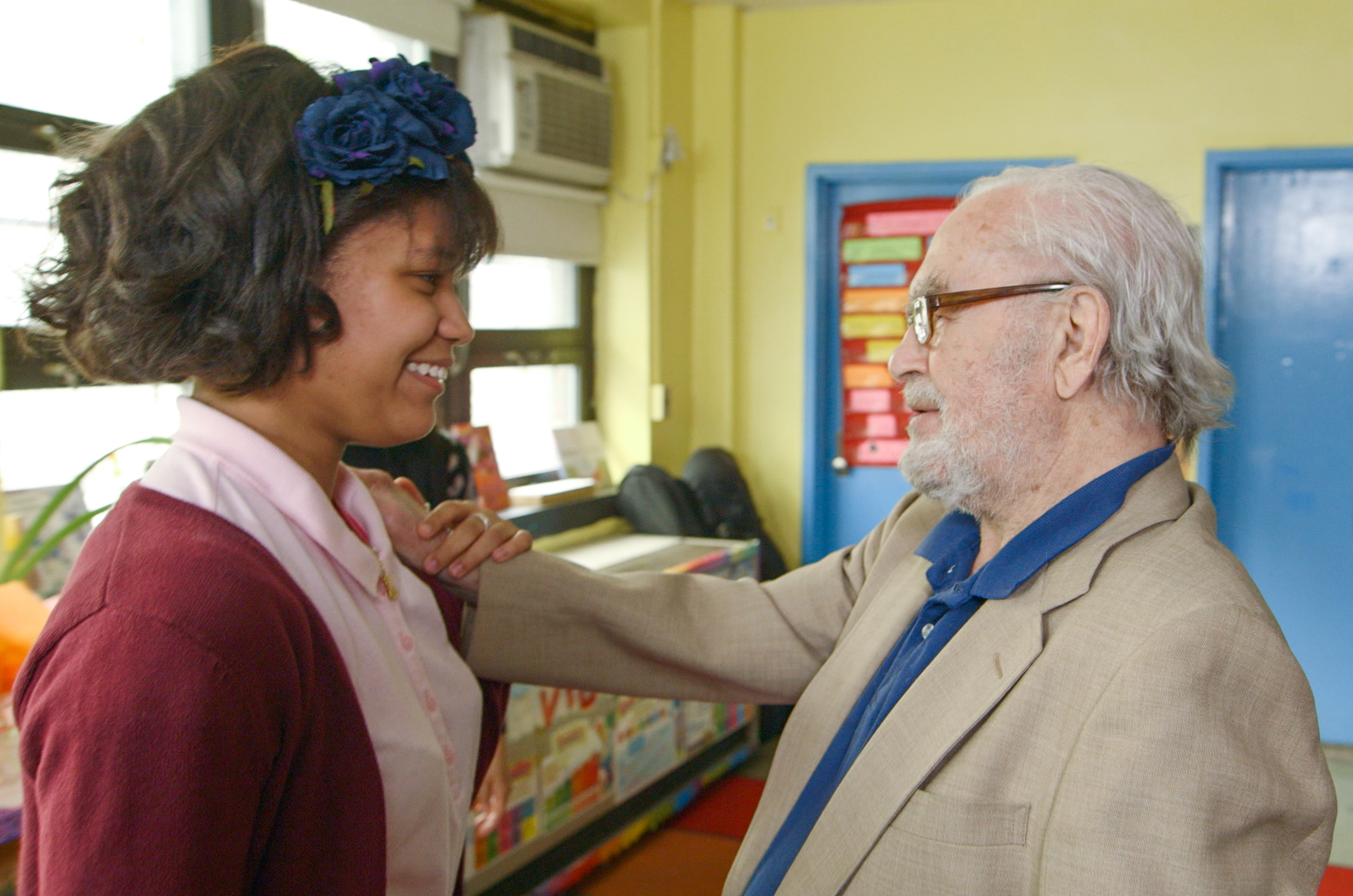Just last week, I bemoaned the state of Netflix’s streaming options and reoriented this column specifically to account for it. In what I can only assume is a startling indication of this column’s influence and reach, Netflix responded a week later by making the near-entirety of the Pioneers of African-American Cinema collection available. This is exciting news.
Kino Lorber’s monumental set showcases a range of restored early African-American cinema, from vaudevillian, goofball oddities and one-reelers to the devotionals of Eloyce and James Gist through Oscar Micheaux’s staggering output on the margins of the film industry.

All four of the African-American silents reviewed earlier as part of the Counter-Programming series are included: Micheaux’s classic Within Our Gates, Paul Robeson’s debut in Body and Soul, and the extremely weird God’s Step Children, along with Spencer Williams’ redemption tale The Blood of Jesus.
Bonuses from the actual set are not, unfortunately. (I’d really like to see a decent version of Zora Neale Hurston’s brief foray into cinema.) But this is absolutely a wealth of fascinating, underseen films from a forgotten era, so I won’t complain too much. Pioneers of African-American Cinema is an enormously valuable collection, and we’re lucky to have it.
In any case, it’s certainly preferable to whatever Balto III: Wings of Change is supposed to be. Though that’s also new to Netflix, if you’d prefer something called Balto III: Wings of Change.
Quick Links

Like his hero Yasujirō Ozu (and even more like Abbas Kiarostami dedicating his Five to Ozu), Damien Manivel favors static wide shots, a meditative mood, and images of people simply living their lives.
In A Sunday Morning, he offers exactly that: we watch a guy walk his dog through the Paris suburbs as the sun rises, presumably what he does every Sunday. Manivel frames the two like they are going on an epic journey in silence, and we are invited to sit back and see what his neighborhood looks like, what dramas will transpire. But this is the drama. There is no dialogue, and only diegetic sounds of passing trains and splashing water.
Does that sound boring? I guess it could. But one of the camera’s most obvious, shrugged-off qualities is how it preserves moments in time, transporting you to a different place where different people do stuff. We never get a sense of who this man is internally, or how he got this dog, or what their home life is like, or if either are in pain. We just watch them walk around for a while, occasionally exchanging affectionate gestures, before returning home. As the title suggests, it’s a Sunday morning.

This short doc, nominated for an Oscar this year, focuses on a singularly committed Greek coast guard captain on the Isle of Lesbos, compelled by necessity and a simple moral impulse to rescue migrants lost or in danger near his shores.
It’s a harrowing, timely glimpse into both their vulnerable status and his over-worked, maddening position, receiving little outside help but figuring, to his great credit, that these are people who need saving and he’s in the business of saving people.
If we only had a few people like him in leadership positions, maybe we wouldn’t seriously be entertaining the poisonous notion that everyone is on their own.
Little Men

When I saw Little Men at the SF Film Fest last year, I went in with high expectations and came out underwhelmed. In fact, I called it “a message-machine about gentrification, couched in a fleetingly charming story of youthful friendship, that never once feels effortless or honest.” Yeesh, that seems harsh.
Watching it again, I think I was the victim of those expectations. Ira Sachs is an accomplished filmmaker, the kind of director who mines intimate interactions for larger points, and Little Men doesn’t play nearly as didactic as I recall. The gears are visible as they turn, and there are some clunky bits, but on the whole, this is a lovely story of friendship amid the ruins of late-capitalism. It also boasts two extremely strong central performances and some breakout moments.
Was I wrong then or wrong now? You can decide.

There is a critique to be made here about sentimentality and a certain kind of documentary artlessness, but honestly? What is the point of that.
Joe’s Violin is entirely noble, another Oscar-nominated short that tells the story of a Polish WWII refugee who long ago traded a carton of cigarettes for a violin in a displaced person’s camp, because it reminded him of simpler times. No longer using it in his old age, he donates it to a music program, and winds up becoming friends, if not soulmates, with the young girl who receives it, in a rough and underfunded section of The Bronx.
Shelve your cynicism and get some tissues.

